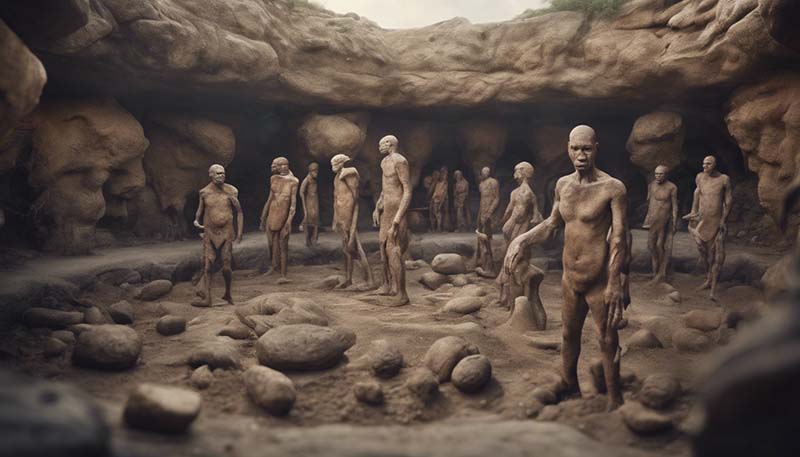Introduction
Understanding the foundations of early human cultures is crucial for appreciating the complexity and diversity of human societies. The study of early cultures offers insights into the development of social structures, belief systems, technological advancements, and the evolution of human interaction with the environment.
Early Human Migrations
Human migration out of Africa around 70,000 years ago marks the beginning of the spread of Homo sapiens across the globe. These migrations led to the establishment of diverse cultures as humans adapted to various environments and developed unique ways of life.
Development of Tools and Technology
The earliest human cultures are characterized by the development of stone tools, which allowed for more effective hunting, food processing, and crafting. As technology advanced, so did the complexity of human societies, with the advent of agriculture paving the way for settled communities.
Advertisement
The Role of Agriculture
The shift from hunter-gatherer societies to agricultural ones was a significant milestone. It allowed for the surplus of food, population growth, and the specialization of labor, which in turn led to more complex social structures and the rise of early civilizations.
Religion and Belief Systems
Religion played a fundamental role in early human cultures, often serving to explain natural phenomena and provide a framework for moral codes. The development of belief systems also contributed to the formation of communal identities and social cohesion.
Language and Communication
The emergence of language was a pivotal moment in human evolution, enabling complex thought and cooperation. Early forms of communication laid the groundwork for the transmission of knowledge, the development of literature, and the recording of history.
Art and Symbolism
Art in its various forms, from cave paintings to pottery designs, reflects the symbolic and expressive capacities of early humans. It served not only as a means of self-expression but also as a way to communicate ideas, beliefs, and social status.
Trade and Commerce
Early trade networks facilitated the exchange of goods, ideas, and technologies between different cultures. Commerce played a significant role in the development of cities and the rise of complex economic systems.
Conclusion
The foundations of early human cultures are diverse and multifaceted, shaped by the interplay of environmental factors, technological innovation, social organization, and cultural beliefs. Understanding these foundations is key to comprehending the trajectory of human development and the roots of modern societies.

Comments